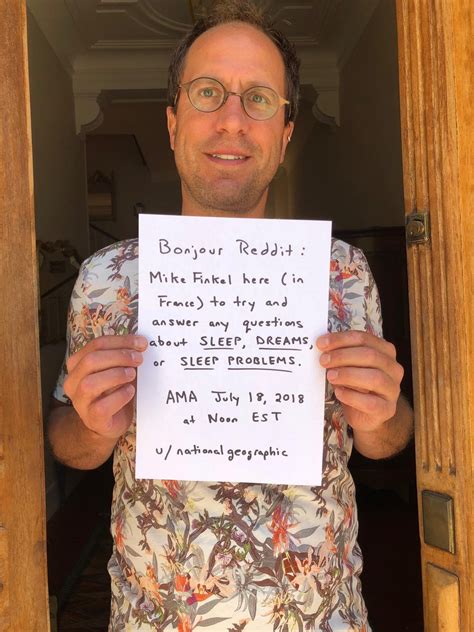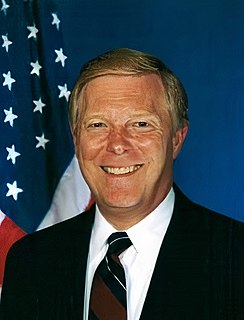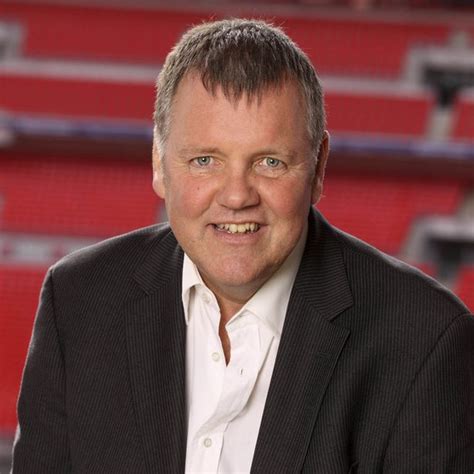A Quote by Horace
It is right for him who asks forgiveness for his offenses to grant it to others.
Related Quotes
The person who is living by grace sees this vast contrast between his own sins against God and the offenses of others against him. He forgives others because he himself has been so graciously forgiven. He realizes that, by receiving God’s forgiveness through Christ, he has forfeited the right to be offended when others hurt him.
Forgiveness involves pardon. Basically, that is like erasing their offenses toward us from a marking board. We immediately wash their offenses away like a wave washing away a message in the sand. Second, forgiveness involves caring for the offending person because most people who offend us have something in their own heart that needs healing. When we forgive others, they are released from our anger and we are healed by God.
Forgiveness doesn't mean that what that person did was right or that you even have to get back into a relationship with that person. Forgiveness simply releases the debt they owe you so that God can release the debt you owe Him. Ask the Lord to search your heart and show you if there is any unforgiveness blocking His blessing in your life. Ask Him to show you more about this gift of forgiveness so that you can walk in the freedom and victory He has for you today.
There is an ugly kind of forgiveness in this world,--a kind of hedgehog forgiveness, shot out like quills. Men take one who has offended, and set him down before the blowpipe of their indignation, and scorch him, and burn his fault into him; and when they have kneaded him sufficiently with their fiery fists, then--they forgive him.
So long as men desire to live together, no man may initiate the use of physical force against others. . . . When a man attempts to deal with me by force, I answer him by force. It is only as retaliation that force may be used and only against the man who starts its use. No, I do not share his evil or sink to his concept of morality: I merely grant him his choice, destruction, the only destruction he had the right to choose: his own.
On some positions, cowardice asks the question, is it expedient? And then expedience comes along and asks the question, is it politic? Vanity asks the question, is it popular? Conscience asks the question, is it right? There comes a time when one must take the position that is neither safe nor politic nor popular, but he must do it because conscience tells him it is right.
Any more questions?" I ask, poking him gently in the ribs. "Do you still love me any?" Eliot asks, putting his hand over mine. "A little." "A little?" he asks, pulling away from me. "A lot." "How much?" he asks. "More than chocolate chip cookies." "Mmm" he says, kissing my shoulder. "More than walking on the beach." Eliot kisses me on the neck. "More than . . ." I pause, turning to look at him. "More than?" he asks, kissing my lips. I turn toward him. "Anything.






































